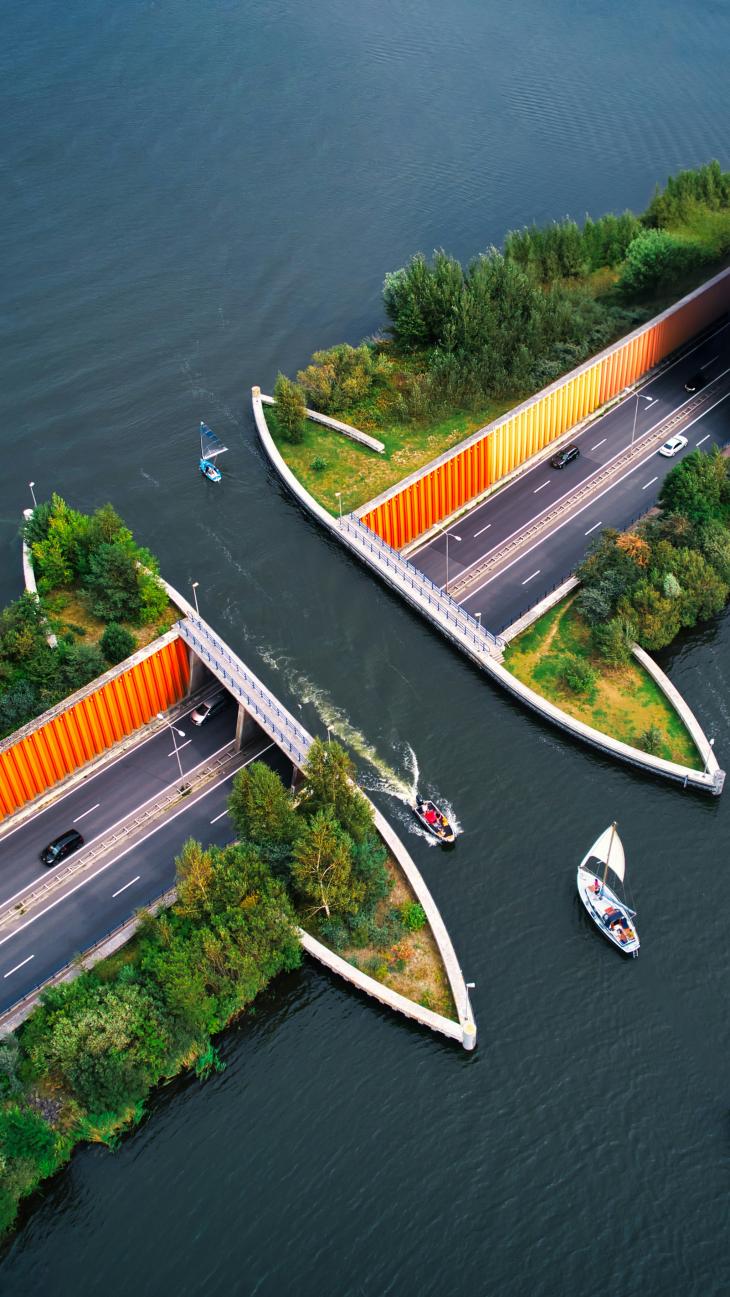
As the Caribbean faces the dual challenges of rising sea levels and increased tropical storms, coastal communities are exploring innovative solutions for sustainable living. Floating cities and solar islands offer promising alternatives that could reshape the way we think about coastal living in this vibrant region.
Floating Cities: Resilience in the Face of Rising Seas
The Caribbean is no stranger to the effects of climate change. Rising sea levels threaten many low-lying islands, making it necessary to explore adaptive solutions like floating cities. These innovative urban spaces float atop the water, designed to adjust to shifting tides and extreme weather events while maintaining a medium environmental footprint.
A concept gaining traction is Oceanix, a floating city prototype that has been endorsed by the United Nations. While still in the planning phase, the vision for Caribbean floating cities aligns with Oceanix’s principles: sustainability, resilience, and minimal environmental impact. Caribbean islands like The Bahamas, Jamaica, and Barbados are potential candidates for this type of development, offering a way to safeguard coastal communities from climate change while promoting eco-friendly living.
Solar Islands: Harnessing the Sun and Sea
Another innovative concept taking root in the Caribbean is solar islands—floating platforms covered in solar panels that harness renewable energy while offering additional space for agriculture or tourism. These islands are ideal for Caribbean waters, where sunlight is abundant and water space is often underutilized.
In countries like Trinidad and Tobago, Dominican Republic, and Cuba, solar islands could play a significant role in providing clean, sustainable energy to coastal communities while protecting land-based ecosystems. Caribbean nations have already invested in renewable energy, with solar power projects growing across the region. Floating solar islands could supplement this by expanding energy generation without competing for scarce land resources.
The Benefits and Potential of Floating Cities and Solar Islands in the Caribbean
-
Climate Change Adaptation: Floating cities can provide coastal communities with a way to stay above rising seas, preventing displacement and protecting livelihoods. Solar islands, in turn, can reduce dependence on fossil fuels, promoting energy independence in the Caribbean.
-
Tourism and Economic Development: Both floating cities and solar islands offer opportunities for sustainable tourism. Floating hotels, resorts, and eco-lodges could attract visitors, while solar islands could create new industries based on clean energy, providing jobs and economic growth.
-
Environmental Protection: These technologies offer an opportunity to develop without harming valuable land-based ecosystems. Floating solar islands also have the added benefit of reducing water evaporation, which is important for preserving freshwater resources.
Challenges to Overcome
While the potential for floating cities and solar islands in the Caribbean is exciting, these projects are not without challenges. The upfront costs of building floating infrastructure, as well as regulatory and logistical hurdles, must be addressed. Additionally, ensuring that these technologies are sustainable and do not disrupt marine life will be crucial.
Looking Ahead: A Sustainable Future for the Caribbean
The Caribbean has long been a leader in sustainable development, from eco-tourism to renewable energy initiatives. Floating cities and solar islands could be the next step in creating a resilient, sustainable future for coastal communities across the region. These innovations could not only protect against the impacts of climate change but also pave the way for a new, eco-conscious approach to coastal living.




